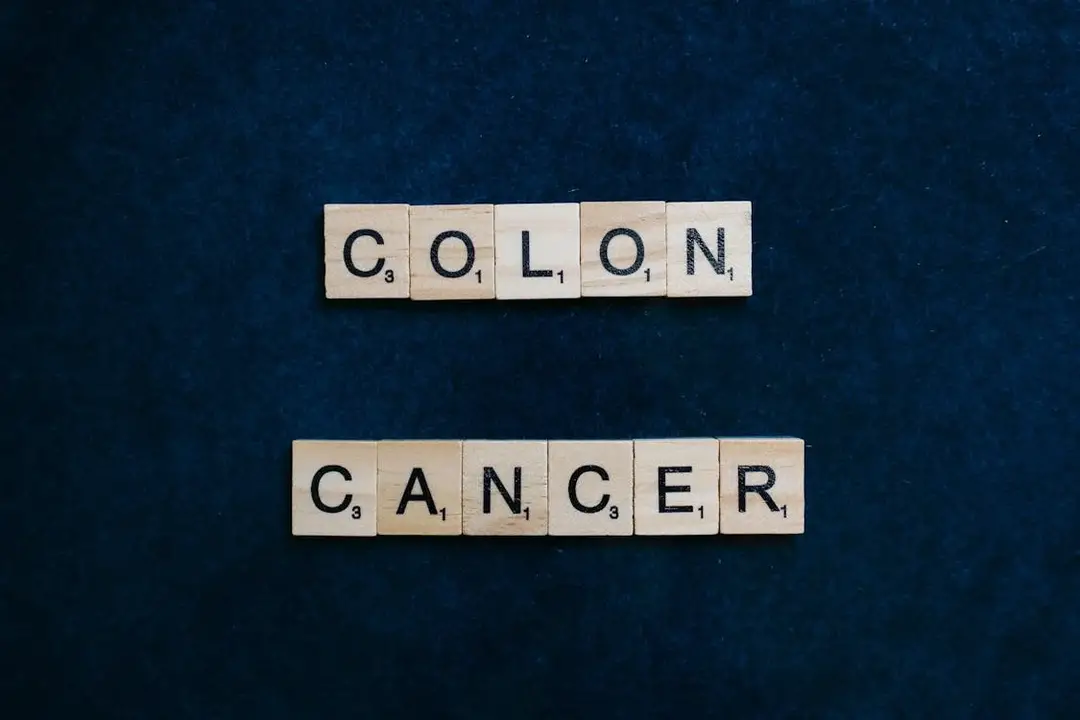In recent years, alarming trends have emerged in the world of health and medicine. A growing number of young people under 50 are being diagnosed with early-onset colorectal cancer, a disease that was historically associated with older populations. This increase has puzzled researchers, sparking investigations into the factors that might be contributing to this concerning phenomenon. Could changes in lifestyle, environment, or even genetics be at the root of this shift? Scientists are working tirelessly to uncover the answers.
What is Colorectal Cancer?
Colorectal cancer originates in the colon or rectum, parts of the digestive system responsible for processing waste. According to the American Cancer Society, most cases of colorectal cancer begin with polyps—small growths on the inner lining of the colon or rectum. While many polyps are benign, some can transform into cancer over time if left untreated.
Traditionally, this form of cancer was primarily diagnosed in older individuals, typically those over 50. However, recent data shows an unsettling rise in cases among younger populations, forcing medical experts to reevaluate screening guidelines and develop new treatment approaches.

Why Are Cancer Rates Rising in Younger Populations?
Experts point to several possible causes behind this shift, with many focusing on the significant societal and lifestyle changes that have occurred in recent decades.
1. Dietary Changes
The Western diet has seen dramatic changes since the mid-20th century. Highly processed foods, refined sugars, and additives like high-fructose corn syrup have become dietary staples. Introduced in the 1970s, these ingredients have been linked to obesity and metabolic disorders—both of which are known risk factors for colorectal cancer.
Rebecca Siegel from the American Cancer Society highlights the connection between these dietary changes and the rise in cancer cases. She notes that the cumulative effects of poor nutrition may take decades to manifest as disease, which explains why younger generations are now experiencing higher cancer rates.
2. The Impact of a Sedentary Lifestyle
As technology has advanced, many aspects of daily life have become more sedentary. Desk jobs, long commutes, and increased screen time all contribute to reduced physical activity levels. Studies show that a sedentary lifestyle is associated with increased risks for a variety of health issues, including colorectal cancer.
Regular physical activity helps regulate hormones, improve digestion, and reduce inflammation—factors that can all influence cancer risk. When activity levels decline, these protective effects are diminished, leaving individuals more vulnerable to disease.
3. Obesity and Its Role in Cancer Development
Obesity has become a global epidemic, and its connection to cancer risk is well-documented. Excess body fat alters hormone levels, particularly insulin, and creates an environment of chronic inflammation. Both of these factors can promote the growth of cancer cells.
A study published in JAMA Oncology revealed that obesity nearly doubles the risk of early-onset colorectal cancer. This underscores the importance of maintaining a healthy weight as a preventative measure.
4. Genetics and Family History
While lifestyle and environmental factors are significant, genetics also play a critical role in colorectal cancer risk. Individuals with a family history of the disease are more likely to develop it themselves, particularly if close relatives were diagnosed at a young age. Genetic mutations, such as those found in Lynch syndrome, can also increase susceptibility.
Symptoms Often Overlooked
One of the challenges in diagnosing colorectal cancer in younger populations is that the symptoms are often mistaken for less severe conditions. These symptoms can include:
- Rectal bleeding
- Changes in bowel habits (e.g., persistent diarrhea or constipation)
- Unexplained weight loss
- Abdominal pain or cramping
Because these symptoms are common to other conditions like hemorrhoids or irritable bowel syndrome, many cases are diagnosed in later stages when treatment is more challenging.
Prevention: Small Changes, Big Impact
While no one can completely eliminate their risk of developing colorectal cancer, there are steps individuals can take to reduce their likelihood of diagnosis:
- Adopt a Nutrient-Rich Diet
Focus on consuming fiber-rich foods like fruits, vegetables, and whole grains. Limit red and processed meats, which have been linked to increased cancer risk. - Stay Physically Active
Engage in regular exercise, aiming for at least 150 minutes of moderate activity per week. Physical activity improves overall health and reduces inflammation. - Avoid Smoking and Limit Alcohol Consumption
Both smoking and excessive alcohol use are associated with an increased risk of colorectal cancer. Quitting smoking and moderating alcohol intake can significantly improve health outcomes. - Manage Stress Levels
Chronic stress can weaken the immune system and contribute to health issues over time. Incorporate stress-reducing activities like yoga, meditation, or deep breathing exercises into your routine. - Get Regular Screenings
Screening is a powerful tool for early detection. For individuals with a family history or genetic predisposition to colorectal cancer, starting screenings earlier than the standard recommended age of 45 is crucial.
The Road Ahead
As researchers continue to investigate the rise in early-onset colorectal cancer, it is clear that a combination of lifestyle changes, environmental factors, and genetic predispositions is at play. By raising awareness and encouraging proactive measures, we can help reduce the prevalence of this disease in younger generations.
Ultimately, prevention and early detection remain our best defenses against colorectal cancer. By adopting healthier habits and staying vigilant about changes in our bodies, we can take meaningful steps toward safeguarding our health.

